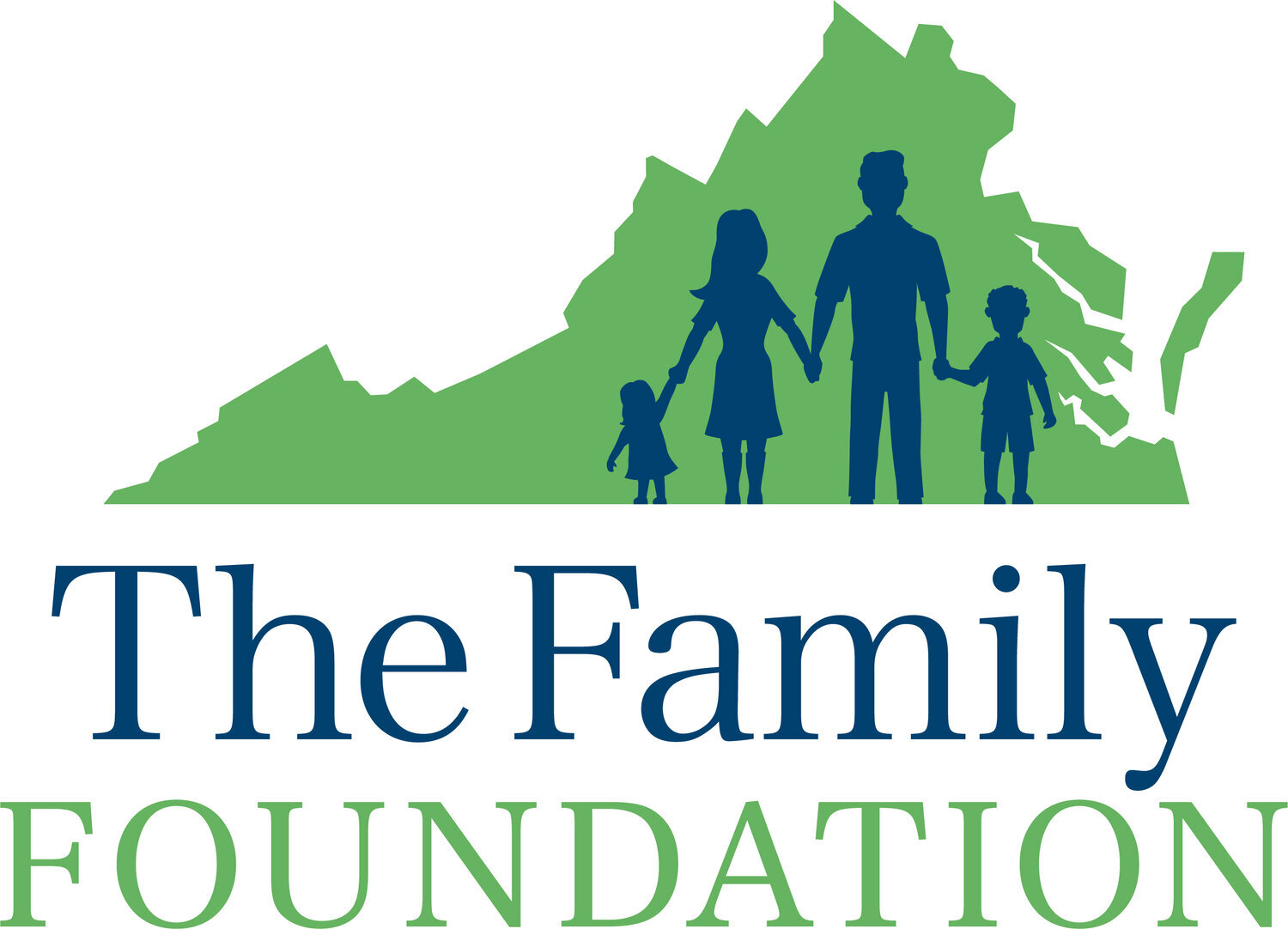Espinoza: Schools Can’t Exclude Religious Schools
On Tuesday, the U.S. Supreme Court in a 5-4 decision strengthened religious liberty in America by ruling that a state cannot discriminate against religious schools in school scholarship programs. In Espinoza v. Montana Board of Review, the Court ruled in favor of three low-income Montana mothers who wanted to use a state scholarship program so their children could attend Christian schools. This week, the Supreme Court made it clear that children cannot be stripped of their right to participate in a scholarship program simply because they attend religious schools.
In 2015, the Montana state legislature passed the Montana Tax Credit Scholarship Program, which allows Montanans a tax credit for $150 of their contributions to privately-run scholarship programs. When the Montana Department of Revenue determined that this scholarship program could not be used for religious schools, the three low income moms sued. When the Montana Supreme Court heard the case, it ruled against the three moms because the program violated the state’s Blaine Amendment, an archaic anti-religious law that forbids any direct or indirect aid to schools owned or operated by a “church, sect, or denomination.” In an opinion written by Chief Justice Roberts, the Court said that the Blaine Amendments were “born of bigotry,” and that “exclusion [of religious schools] from the scholarship program here is ‘odious to our Constitution’ and ‘cannot stand.’”
“The Court’s opinion in this case is absolutely correct,” according to Jim Davids, Chief Counsel for Founding Freedoms Law Center, The Family’s Foundation’s new legal arm. “The Constitution requires equal treatment for religious people and their institutions, and the Blaine Amendments were designed to exclude all people of faith. This is constitutionally and morally wrong. Today’s decision will right a wrong that has existed for about 150 years.”
